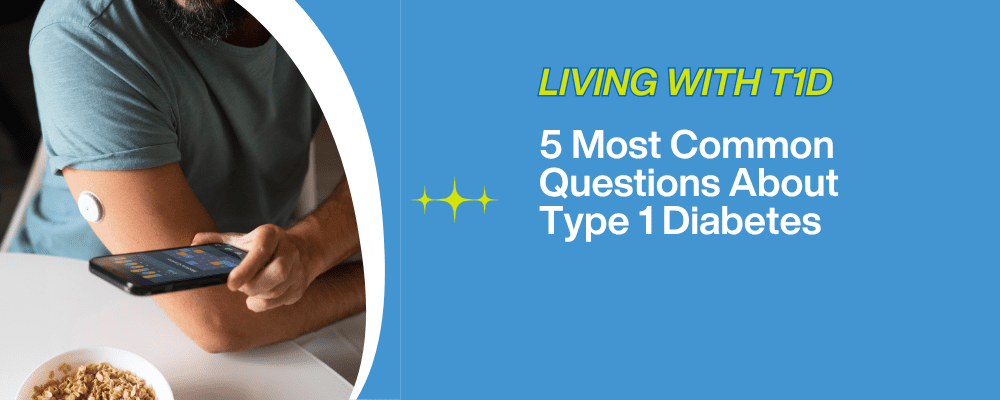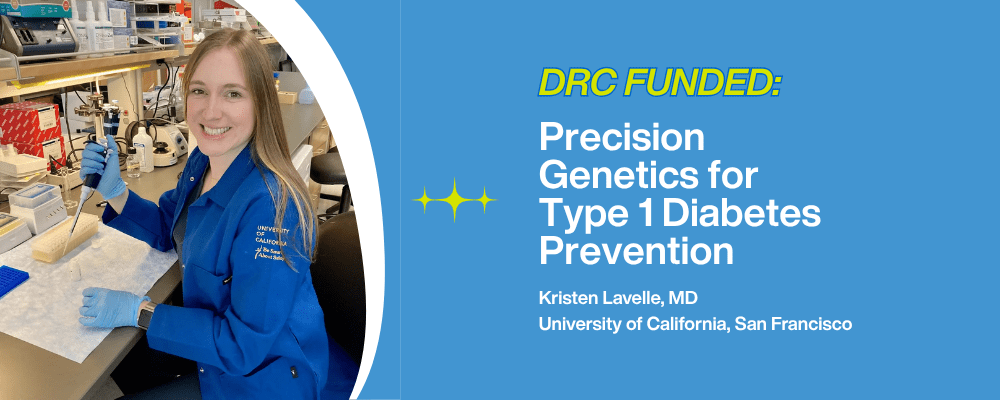For individuals with type 1 diabetes (T1D), insulin is a life-saver. Literally. Without it, their body can go into a state of diabetic ketoacidosis where blood sugar becomes so high that the body shuts down. It can be fatal if not treated immediately. Since the pancreas does not produce enough (or in some cases any) insulin on its own, people with T1D rely on insulin daily to keep their blood sugar in check. However, the cost of this life-saving hormone has continued to increase over years, and for some, it has become unaffordable, even with insurance.
A vial of insulin can cost around $250 without insurance or other financial assistance. It is not unusual for someone with T1D to use between two and four vials every month. That means they could be paying $500 to $1,000 for a medication that is critical to their survival. Even with insurance, deductibles can be thousands of dollars. This means they must pay this money up front – in addition to monthly premiums – before insurance kicks in to help offset costs. For some, this is simply not feasible. Despite having a solid job, the cost can be too much on top of other living expenses such as rent, utilities, and food.
Unfortunately, this means that some people with type 1 diabetes have resorted to rationing their insulin supply in an effort to make it last longer. They administer less insulin than their body actually needs to keep their blood sugar within a desirable range. This can quickly spiral out of control and lead to complications such as diabetic ketoacidosis. It is a dangerous decision, but if they cannot afford more insulin, they may feel it is better than going without.
Many people are fighting for improved regulations regarding pricing for insulin as well as insurance so that people do not have to choose between paying for insulin versus other bills, or deciding how to make the insulin they do have last until they can afford more. There are organizations that can help individuals with diabetes to find financial assistance to help with the cost of insulin and other diabetes supplies, and sometimes they may be able to get insulin for free depending on the situation. Not everyone is aware of these options and resources, however, so advocacy is so important.
Type 1 diabetes is a manageable condition, but people must have access to the necessary resources in order to survive. While treatment options have improved over the years, the cost is still an issue.
The Diabetes Research Connection (DRC) strives to support peer-reviewed, novel research studies regarding type 1 diabetes treatment and management. As scientists gain a greater understanding of this disease, it may help to make future care more affordable and eventually lead to a cure. To learn more about the Diabetes Research Connection and support current projects, visit http://diabetesresearchconnection.org.
The Growing Cost of Type 1 Diabetes Management




